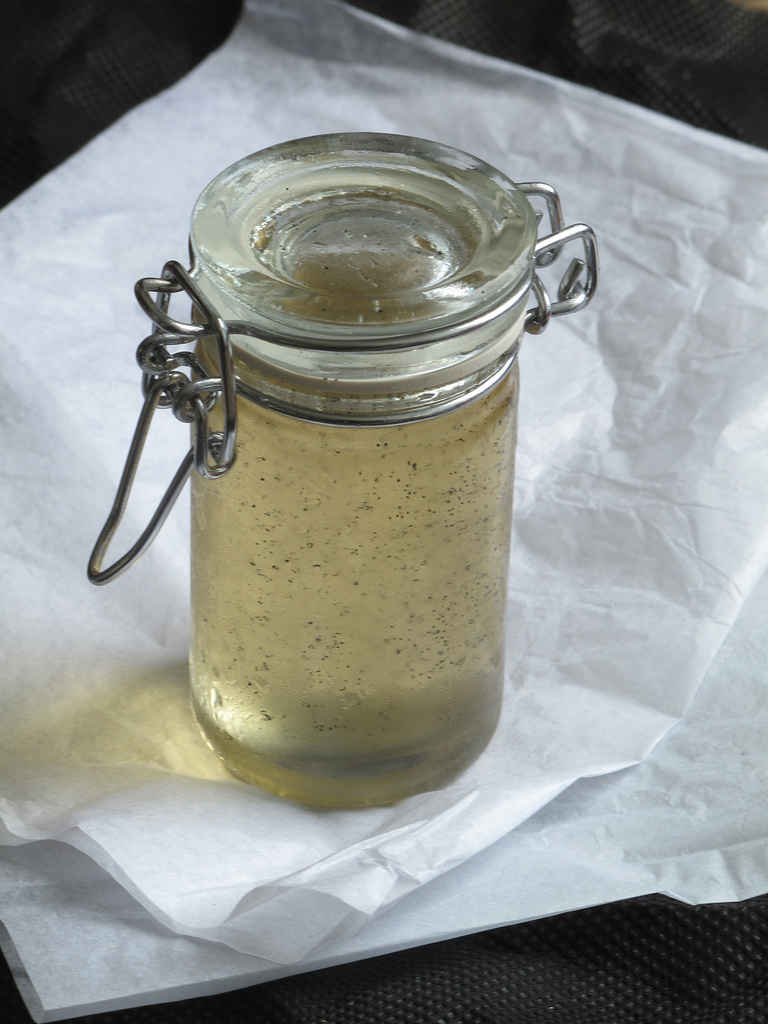Hyssop is an ancient herb, native to Europe and the Middle East.
It is referred to frequently in the Judeo-Christian Bible;
however, many scholars believe the biblical hyssop
is not hyssop officinalis, but a member of the caper family: capparis spinosa.
From Petunia's Garden blog,
here is blooming hyssop interplanted with sunflowers:

Even though hyssop officinalis is not the biblical hyssop,
it is still sometimes referred to as a sacred herb
because it was used to cleanse the altars of the gods.
In those earlier centuries, the altars were sacrificial,
so hyssop was one of several herbs
that would have been employed for cleaning.
On the other hand, hyssop also has a long history as a medicine.
Margaret Grieve's research (www.botanical.com) suggests
that hyssop tea (made from the flowers) was used as a remedy
for everything from intestinal worms to chest ailments to rheumatism.
Grieve includes a recipe for hyssop tea, copied from the book Old Cookery Book:
"infuse a quarter of an ounce of dried hyssop flowers in a pint of boiling water."
It should steep for 10 minutes
and then be drunk with a little honey mixed in for sweetness.
This is an anise-hyssop drink from Food 52.
Click here for the recipe:

According to The Complete Book of Herbs by Lesley Bremness,
hyssop was also the ingredient for a popular Roman wine called hyssopites,
first mentioned by Pliny the Elder.

Bremness suggests a number of culinary uses for hyssop
besides wine-making or infusing for teas.
The flowers are edible and can be used in salads, as can the leaves.
She says to rub meats like lamb and rabbit with hyssop leaves
because the herb will make the meat more easily digested.
I have seen frozen rabbit in the grocery store,
but I'm pretty sure I'm going to leave it there.

And Bremness mentions that hyssop leaves
are a nice complement to cranberries and fruit salads.
I think her most intriguing suggestion is to sprinkle 1/4 teaspoon
of hyssop leaves under the crusts of peach and apricot pies before baking.
She doesn't elaborate, but I suppose the hyssop
imparts a subtle flavor to the crust.
Still, I find it a curious idea.

hyssop cheese photo from http://youngjeninspats.wordpress.com/tag/cooking/
Of the hyssop recipes I've seen,
homemade hyssop-blossom flavored cheese looks very pretty,
but I can't say the anise-hyssop brew above looks that appealing.
And hyssop with peach pie?
I've made it with chopped mint leaves and that was pretty good,
so I just might have to give hyssop a try.
Tucked under the crust, of course.
<>
No comments:
Post a Comment